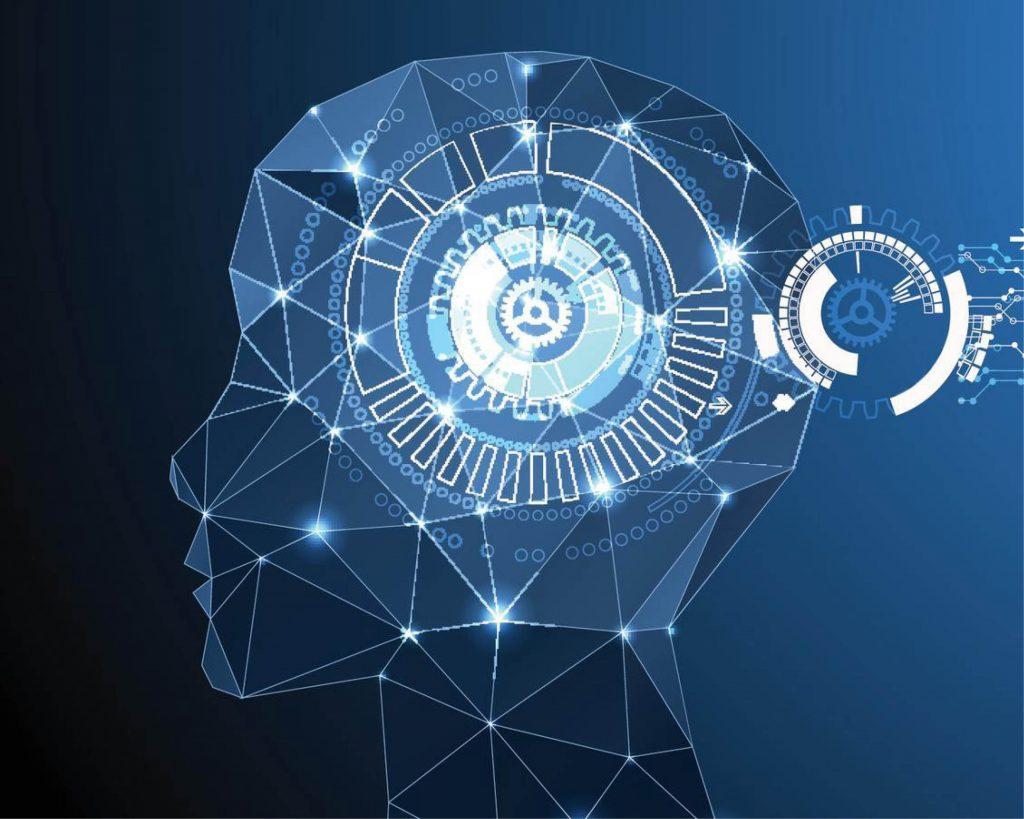While many people worry that artificial intelligence (AI) will take over our jobs once it becomes fully developed, the last occupation we would expect it to have is one that involves creativity. Simply put, we usually expect AI to lack the ability to understand complex emotions or piece together a coherent novel.
Well then, we are wrong.
Recently, a novel called “A Romantic Spectacle” won a one million dollar prize in the first ever AI literary competition held in South Korea, especially because it showed that AI robots now have the ability to do more than simple tasks. Using a variety of sentence structures and descriptive phrases, this machine was able to use its own creativity to come up with a well-structured romance story. Despite being provided with sentences from other books and parameters to follow before writing, the AI resembled human creativity by creating its own story without further assistance.
Although it is not common for AI to use its knowledge to write a story, there have been previous instances where such machines exhibited originality in their writings. For example, an AI nearly won a literary prize in a national writing contest held in Japan two years ago. Moreover, in the same year, another AI created in New York successfully wrote a nine-minute scenario of a sci-fi film called “Sun Spring.” Likewise, the rapid development of AI points to a future where these machines may not even require assistance to express complex human feelings and ideas.
Of course, we deserve to be proud of how far we have come with AI development. However, such huge advancement in technology has a few dangerous implications for the future. For one, since AI now has access to a wide range of functions ¬– from completing simple tasks to expressing human emotions – it is likely that most of our current occupations will eventually be automated. In other words, with the variety of skills AI possesses currently, there is almost no doubt that even jobs requiring complex traits like creativity will be replaced by robots in the future. Thus, once it is fully developed, AI threatens not only to create a drastic decline in employment rate, but also to take away the traits that make us uniquely human.
To prevent humans from becoming obsolete in the future, the extent to which AI development can continue must have a strict limit. Even now, almost every job seems to be at risk, as there are already AI machines capable of expressing human emotions and thoughts, something we thought only humans were capable of. In fact, according to a study done by McKinsey Global Institute, 800 million jobs are to be lost worldwide to automation by 2030. The development of AI is happening more rapidly than many of us would expect; in fact, it gives us a huge warning, reminding us of the possibility that such machines may sooner or later replace humans in numerous aspects of society. After all, if AI eventually gains the ability to think like humans and complete tasks more efficiently than us, what reason is there to employ humans instead of machines? We must consider such questions before moving on to advance AI technology even further.
While it is most ideal to encourage a slower development of AI technology, it is unlikely that our society, especially consisted of a tech-savvy population, will hesitate to slow down or stop the process of inventing more complex engines. Hence, it is extremely important that we start encouraging students to seek professions that are the least likely to be automated in the future. In other words, we must spread awareness of the importance of searching for professions that require highly complex, humanoid skills machines do not yet have access to, such as the ability to share compassion or make rational decisions. Keeping in mind that the further development of AI is inevitable, students, or anyone looking for an occupation, should prepare for their futures by looking into jobs requiring pure human abilities.
Of course, AI has yet to completely possess human skills and understand our emotions without the assistance from people. In addition, it is impossible to fully predict which jobs will be automated and which will not be. Yet, in order to prevent being replaced by technology, we must begin to slow down the further development of AI and look for alternative jobs we can pursue without having to compete with machines.

